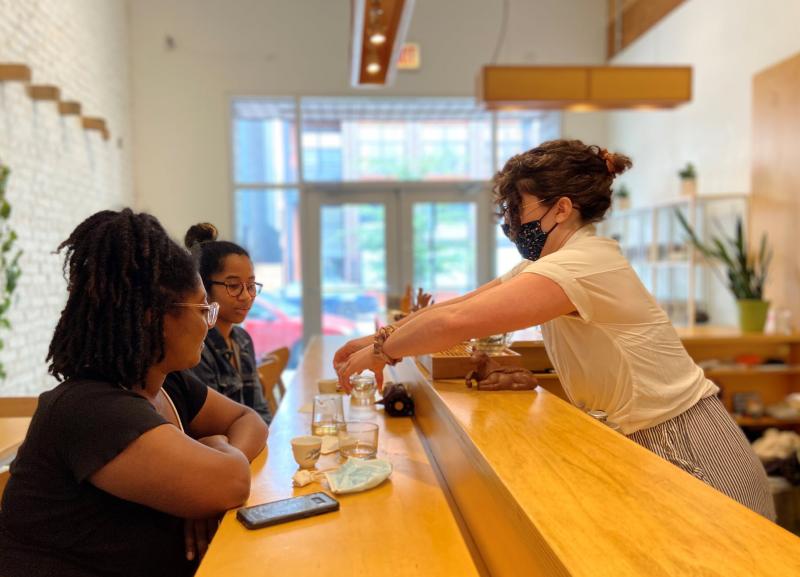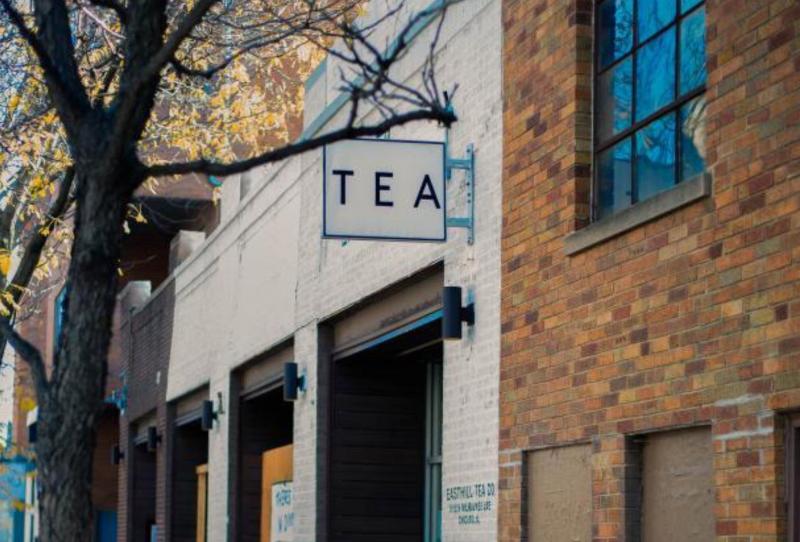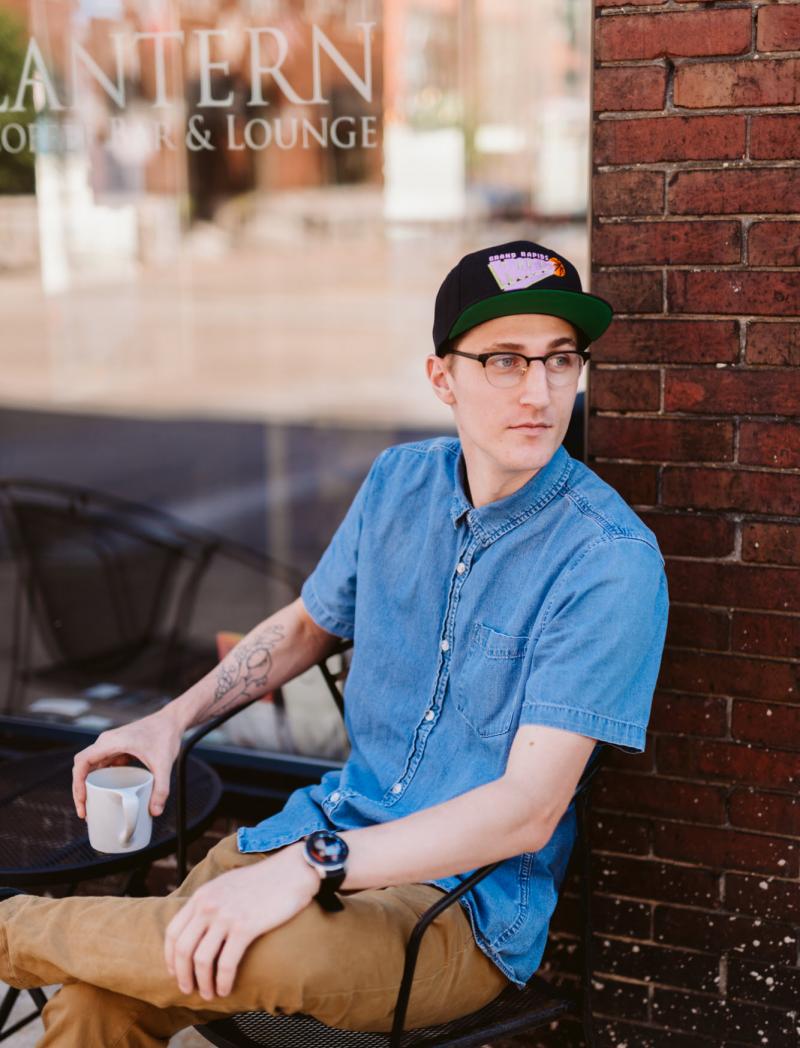The tea community and industry has a wide variety of people who infuse tea with a passion, which can range from hardcore purists to boba tea aficionados. Somewhere in-between, you can also find loose-leaf fanatics, tea bag hobbyists and even tea-latte lovers, among many others. However, what everyone in the scope of tea has in common is, well, their love for tea.
Of course, within the tea community, there are even... tea snobs. And tea lovers from all walks of life, as they dive deeper into the world of tea, may face judgment or even ridicule from certain tea drinkers (ie. tea snobs) for enjoying what they enjoy.
This creates one massive issue where tea snobs are limiting the growth and popularity of tea. In fact, they’re also creating toxicity throughout every facet of the industry and community. How is the world of tea supposed to innovate and grow if snobbery is turning people away?
What are the issues that lie at hand and how can we change the way we talk about tea that isn’t, well, snobbish?
‘The Smaller They Are, the Snobbier They Are’
To begin looking for answers to see where the issue starts, I sat down and chatted with Geoffrey Norman (pictured below), who is known for his tea blog, Steep Stories. Norman started his journey in tea back in 2007, but he didn’t officially write about tea under his own name until four years later.
“The smaller they are, the snobbier they are,” Norman said when talking about how tea companies inevitably start in the tea industry. “I’ve seen that most of the online tea companies start by trying to see what their market is,” he explained. “Trying to carve out their own niche is the hardest part.”
Norman indicated that tea-snobbery is such a large issue that one is set up to be a tea-snob before even starting on a tea journey. He said that that the issue is much deeper than we realize, especially with a business model that some tea businesses are pre-dispositioned to start with. “[Companies] start out by appealing to the snobs,” he said.
According to Norman, some tea companies feel the need to harbor a snobbish attitude in a symbiotic relationship with elite tea customers, to successfully launch. After they’ve catered to this specific niche audience, it gives them a strong footing to keep growing and expanding. On the flip side, as a company grows, the company must do “mental gymnastics” to keep the snobs at bay until the company is able to become more independent with a wider customer base. Until a company is more independent with its own solidified consumer base, new tea drinkers, who purchase tea from the company, are indoctrinated into tea with a snobbish thought process. It will then continue.
This brought to light an interesting dilemma: What came first, the tea snob or the company that perpetuated the snobbery? It’s an endless cycle.
Curating an Open, Welcoming Environment for All Tea Drinkers
This discussion with Norman led me to another discussion with Logan Hayes, the marketing director for HUGO Tea. HUGO Tea has been serving both tea and coffee online, and even has a functional tea bar in the heart of downtown Chicago. According to Hayes, HUGO Tea has been trying to curate an open and welcoming environment for all sorts of tea drinkers.
“I first started drinking tea at Shang Tea in Kansas City,” shared Hayes. He recalled how welcoming and inviting the experience of having tea was, and how creating this experience is important for tea drinkers of all kinds. As far as recognizing tea snobbery, he said that gatekeeping in tea is so much of an issue that many could not even see the gate. “I never knew that other serious tea drinkers existed,” he said.

However, Hayes and HUGO Tea are actively trying to break the cycle in tea snobbery. They’re trying to break the cycle by, instead of marketing to tea snobs, doing something that’s completely game changing: marketing to coffee drinkers.
“Coffee drinkers can get equally as intense as tea drinkers, but we typically see that they’re more eager to want to share their new findings with the wider public,” Hayes said.
According to Hayes, coffee drinkers are typically more eager to try new teas and share it. He said it boils down to two main points — coffee drinkers are pre-dispositioned to be open and inviting because finding good coffee is inherently more accessible. In addition, coffee production isn’t nearly as tied to a calendar, or a traditional “how to” basis, so coffee drinkers are better prepared to accept brass and quick-change on short notice.
“It’s not about selling to more people through coffee shops. It’s about bringing more people into specialty tea through coffee shops,” Hayes shared.

Tea and Gatekeeping
However, the path to serving tea to coffee drinkers may not be the easiest road due to the excessive amount of tea gatekeeping. And no one knows the negative impact of gatekeeping better than Jon Bailey, the operations manager of Lantern Coffee Bar and Lounge in Grand Rapids, Mich.

Bailey has been a barista for eight years, and during that time, he realized the importance of being open with people when his coffee bar was hosting a tea tasting with a tea company. “I remember how snobby they sounded when they talked about tea,” he revealed.
After finding inspiration to want to serve tea for his patrons, Bailey noticed gatekeeping on massive scale in the tea industry. Finding information and people who were open to talk about tea was one of the hardest parts along his journey to sharing tea at his coffee shop. “I was learning by myself with minimal guidance,” he said.
The tea industry may be at a point in time where tea snobbery has gotten so bad that many buyers, even some B2B buyers, don’t know that higher-end teas exist.
If you agree that tea snobbery has hindered and negatively affected the tea industry (or that it can impact the industry), what steps should the industry take next? How do we stop this issue in its tracks and where do we go from here?
First, it starts with both the expert tea drinkers and tea businesses. We need to address that there are always contradictions to popular rules when making tea. That there are so many different ways to go about tea that there may not be one true right or wrong way to go about tea, as long as it’s being enjoyed.
Encourage New Tea Drinkers to Explore & Experiment
When teaching tea or specialty tea to new consumers, it’s always best to be forward with the idea that although someone may not make tea (or want to make tea) in a way that you think is good. It’s also important to encourage new tea drinkers to explore and experiment with different teas and brewing methods. The goal is for them to find practices that they personally enjoy, so that they enjoy the tea. With this, it’s important to stay away from making definitive statements about tea, but to use verbiage that’s open and encouraging instead.
Overall, if the tea industry wants to continue to grow and reach new audiences, it needs to change how it goes about talking about tea with consumer customers and even B2B buyers. In the end, being vitriol will not make people want to drink tea; it’ll make them want to run the other way.
Remember: We all taste and experience things differently, so who’s to say your definitive truth about tea is the same as someone else’s? Because there’s so much personal enjoyment one gets from tea, why shouldn’t everyone else get to experience tea in a way that’s right for them?
If we remember to encourage each other at every level of the industry and to encourage and welcome all consumers, then there will be no room left for tea snobbery.
As it stands, gatekeeping tea and tea snobbery will not only hinder the growth of the tea industry, it will kill the tea industry altogether.
Agree? Disagree?
If you’d like to share your perspective on tea snobbery and the tea industry, contact the World Tea News editor, Aaron Kiel. Contact info can be found here.
Cody Wade, also known by his blog name "The Oolong Drunk," has been tea blogger and tea educator for more than five years. His passion for tea started with oolongs, but he has grown to appreciate every aspect of the tea industry. He's also given lectures at the Houston Tea Festival and the Mid-West Tea Festival, and he notes that he's enthusiastic with his passion for tea education and bringing people together to make the community stronger.
